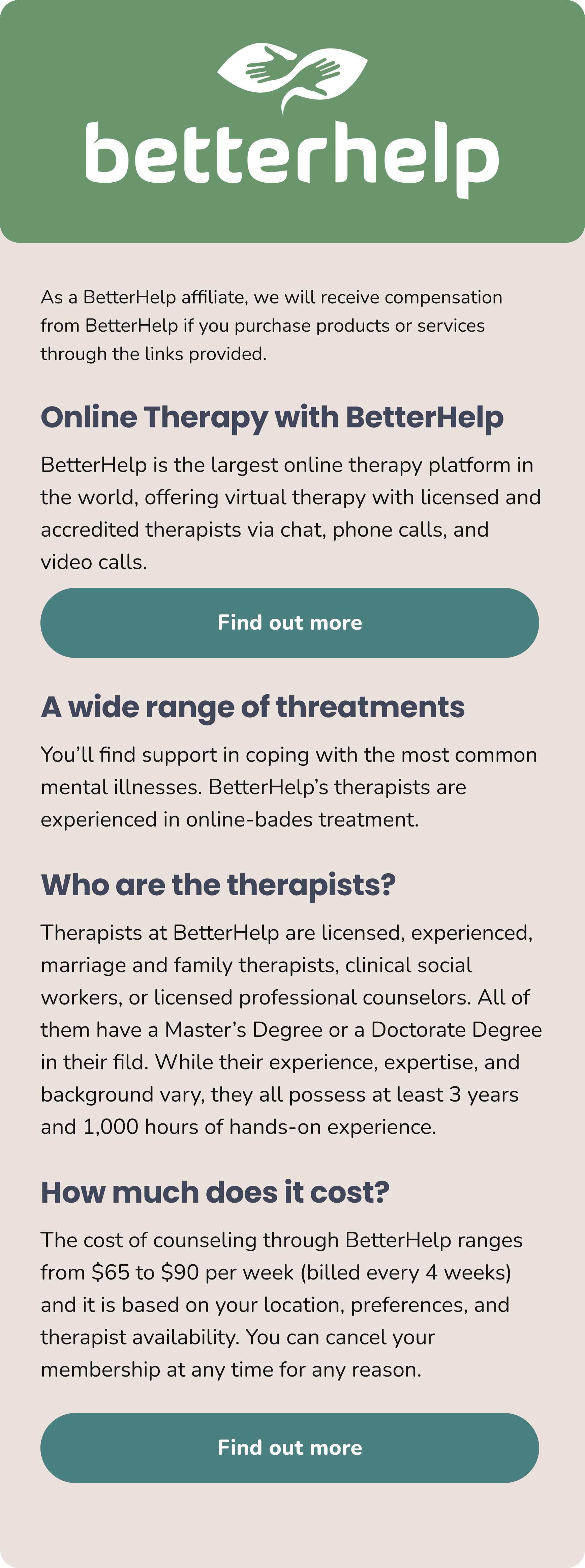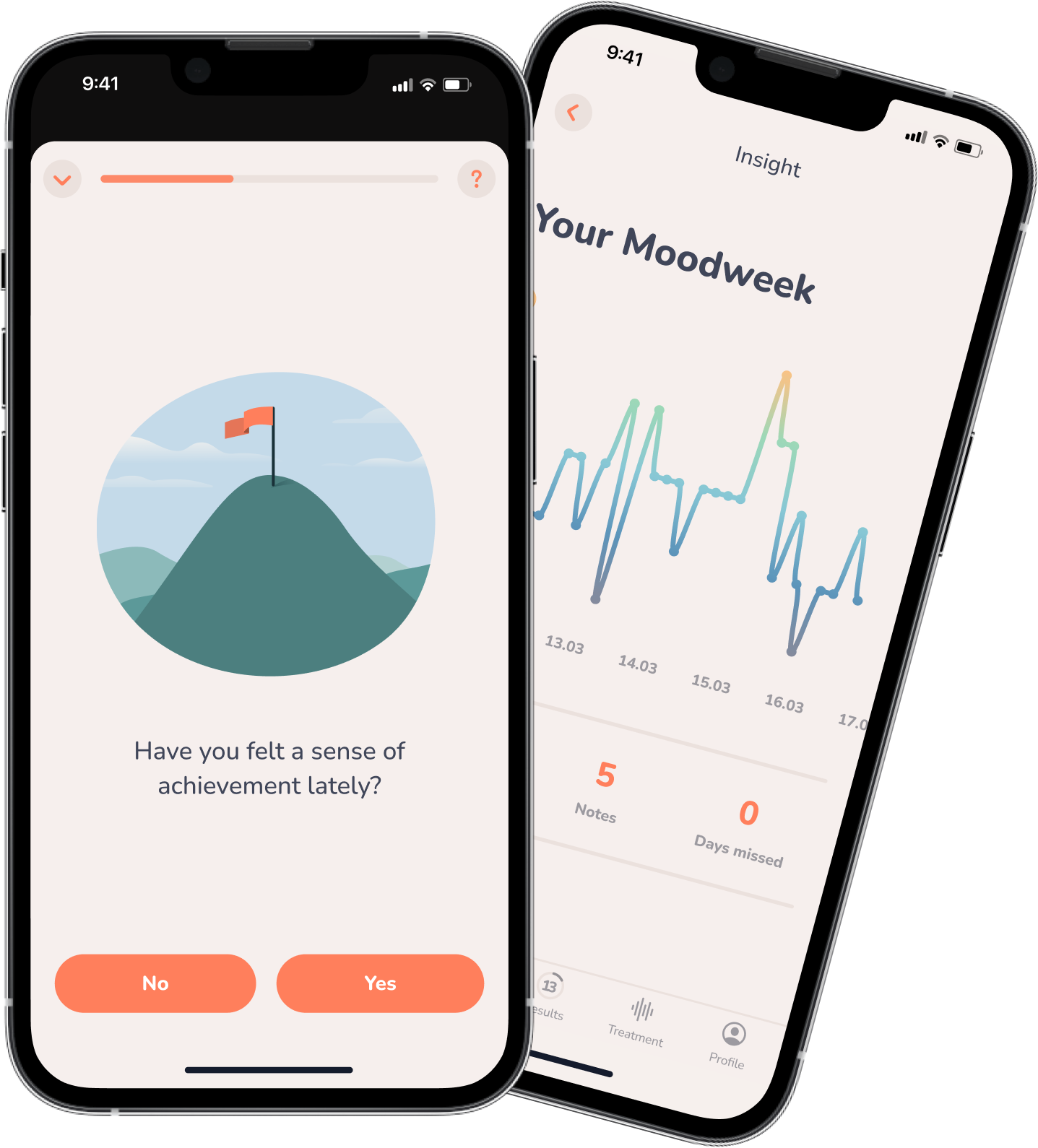Insight
Stress And Depression – Brothers In Crime
„I am so stressed “– A sentence we hear almost daily from colleagues, friends and family. Today, stress is often seen as a very negative influence: It can even contribute to the onset of mental illness. But, how exactly are stress and depression connected?
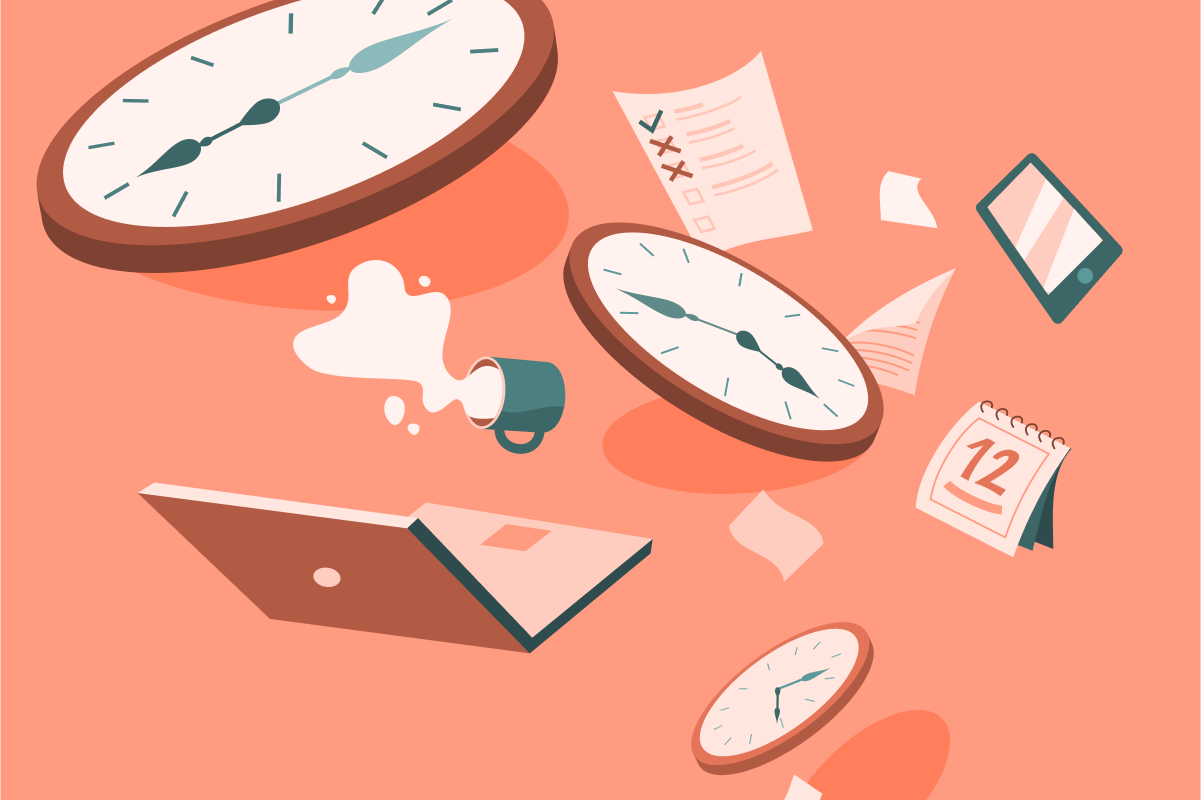
What many people don’t know: Stress actually plays an important and useful role in our lives. It is only when we ignore it repeatedly, that we reap the long-term damaging effects.
Why stress?
Actually, stress isn’t intended to be all bad. It is a natural reaction that impacts our body and psyche. And it has an important evolutionary function, which has helped us adapt to ever-changing environments and survive as a species for thousands of years. It makes us alert and ready to rise to the challenge we’re facing.
However, every person deals with stress differently: It depends on a person’s characteristics, thinking patterns and personality. All of us use different “coping mechanisms”, to deal with stressful and ominous situations – and some are more functional than others.
What happens during stress?
In a stress situation the body gathers all its strength to face something it has classified as a great challenge. It goes “all in”. For this, it releases hormones such as adrenalin and cortisol, which in turn, induce physical changes.
- Blood pressure rises, the heart beats faster
- Lungs expand and we breathe faster
- Pupils widen and the senses are heightened
- Muscles are tense and we have more “power”
- The body has temporarily “turned off” the digestive system (and other functions), because an emergency is not really the time for a sandwich
In short, the body is getting ready to react.
Stress – the good, bad and the ugly
A body that’s alert and ready to react has been an incredibly useful tool for us humans. Within seconds we can rattle up our entire system and, in extreme and life-threatening situations, save our own lives.
Once the threatening situation is over, the body relaxes again and returns to its normal state. In a sense, this step is just as important as the rattling up was. This is our body signaling to us that everything is okay again. And, for many people nowadays, this is the step that goes bad, the moment where stress and depression may become intertwined.
Today, we seldomly find ourselves in life-threatening situations. Instead, our stress reactions are the product of a more constant flow of “mild” stressful situations. This is tricky, because it makes it harder for the body to return back to it’s normal relaxed state. Instead, it stays constantly agitated. Our once so helpful basic stress reaction is now overwhelmed by something it’s not meant for: Chronic stress.
Chronic stress – the arch enemy
To stay healthy, it’s important to decrease our stress reaction over time. This way our body can regenerate itself from the stress and depression becomes less of a risk. If we don’t do that, our body is perpetually expecting danger and is set on “maximum speed”.
Unsurprisingly, if this extreme setting becomes your “default mode”, it will take a toll on your body over time. Consequences of chronic stress can include:
- Heart-arrhythmic problems
- Sleeping disorders
- Loss of appetite
- Difficulties in digestion
- A loss of libido
- Headaches and back pain
- Anxiety and fear
- Fatigue
- Hopelessness
- Loss of concentration
Here, depression isn’t far anymore. Most of these symptoms overlap with the symptoms of depression.
Depression – when stress makes you sick
Ongoing stress makes our entire “system” becomes very exhausted. It can make us feel powerless and overwhelmed, we can start feeling helpless, hopeless, we have difficulties battling our daily lives, maybe we feel run down. If you think about it, it’s actually all the things we associate with the term “burn-out” or even depression.
This association is correct: People struggling with depression often experience difficulties in their stress regulation. During chronic stress, stress hormones are immensely out of balance. And the tricky thing about hormones, is that they never serve only one purpose.
Therefore, the consistent higher level of these hormones can also lead to insomnia, fatigue, a loss of appetite, and a loss of concentration – which are very essential symptoms of depression.
Likewise, those struggling with depression are more easily affected by stress, because they are temporarily more vulnerable. Without the right intervention, this can create a harmful downward spiral. Luckily, therapy can undo these spirals and find ways to regain control over one’s life.
A change of perspective and habits
One mistake many make, is that they only see stress as something negative. However, with a little change of perspective we could see it as the first step to improvement. After all, in a way, our body is communicating with us and telling us that this situation isn’t sustainable.
It might be time to consider what to change. Either we could quit the sources around us that are causing the stress. Maybe the job isn’t worth it, or we should just take it easy.
Or, we could reconsider the way we evaluate the stress we are experiencing. There is evidence showing, that it might actually not be the stress itself that’s harmful to us, but rather the way we perceive and evaluate that stress.
Taking stress and depression seriously
No matter how we do it, finding a way to feel in control of our life and the stress within it, is key for our psychological and physical well-being.
Quite often, even more so for men, the depressive episode goes unnoticed, because it is downplayed or chronic stress is seen as a normal byproduct of life. Chronic stress and depression can overlap and influence each other. But while stress itself doesn’t require treatment, depression usually does.
Therefore, if you think you might be struggling with a depressive episode, rather than “just” stress, now is the time to act.
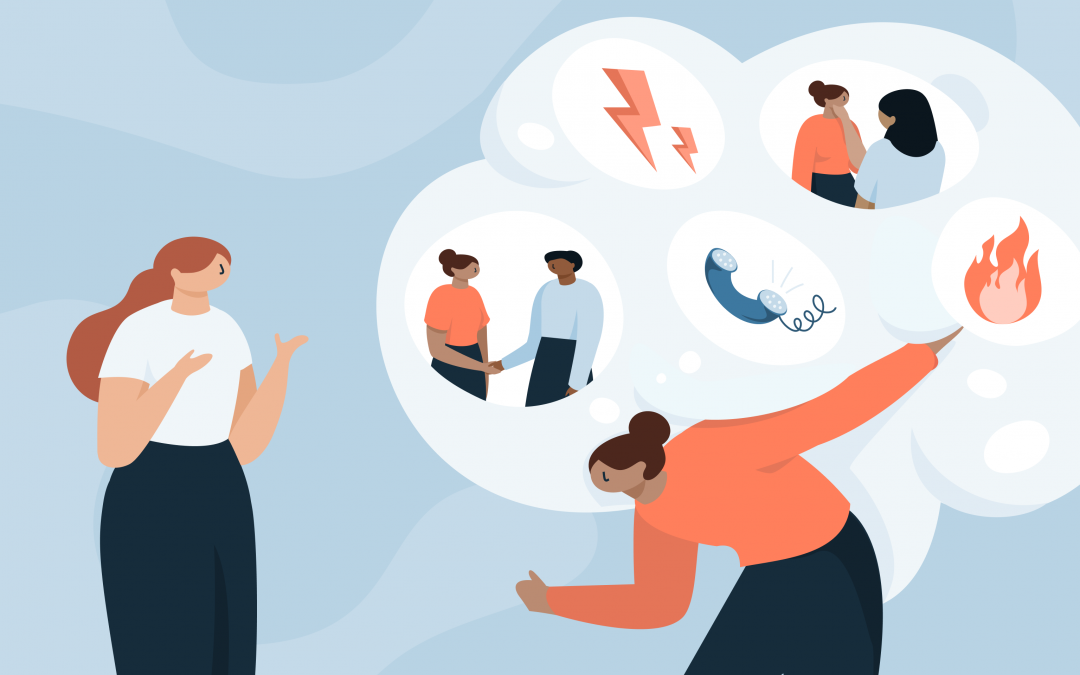
People-Pleasing — When the Fear of Rejection Becomes a Trap
Are you a person who places a high value on kindness, consideration and helpfulness? Or … maybe you tend toward what’s called “people-pleasing”?
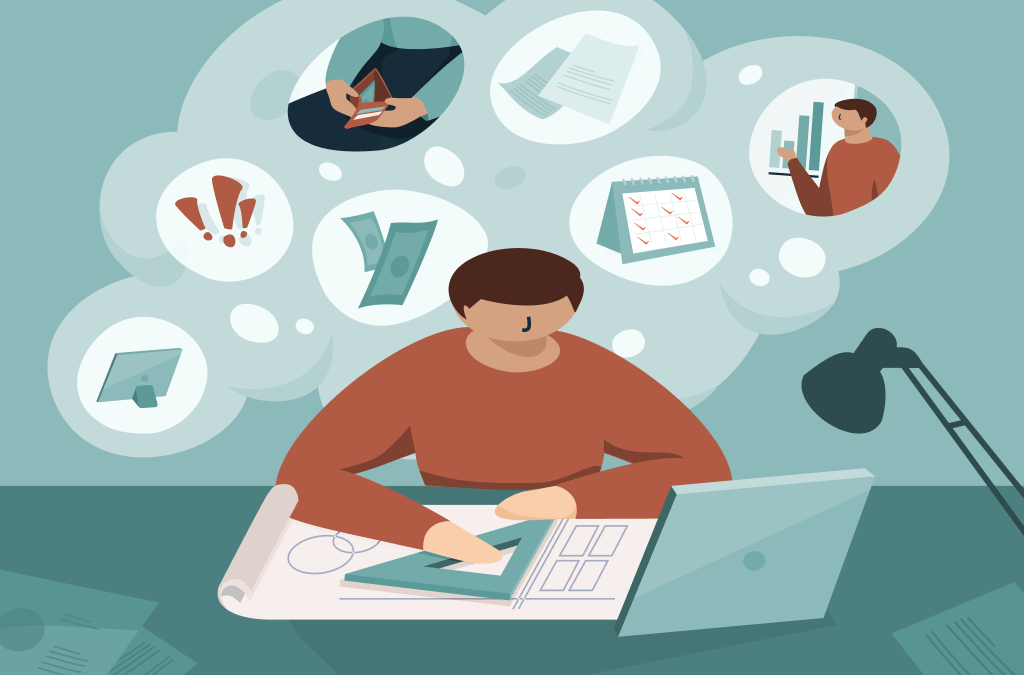
Psychological Needs in the Workplace: How to Meet Them
Deadlines, conflicts, pressure to perform—many people grapple with stressors at work. The extent to which these weigh on someone depends in large part on whether psychological needs are being met at work.
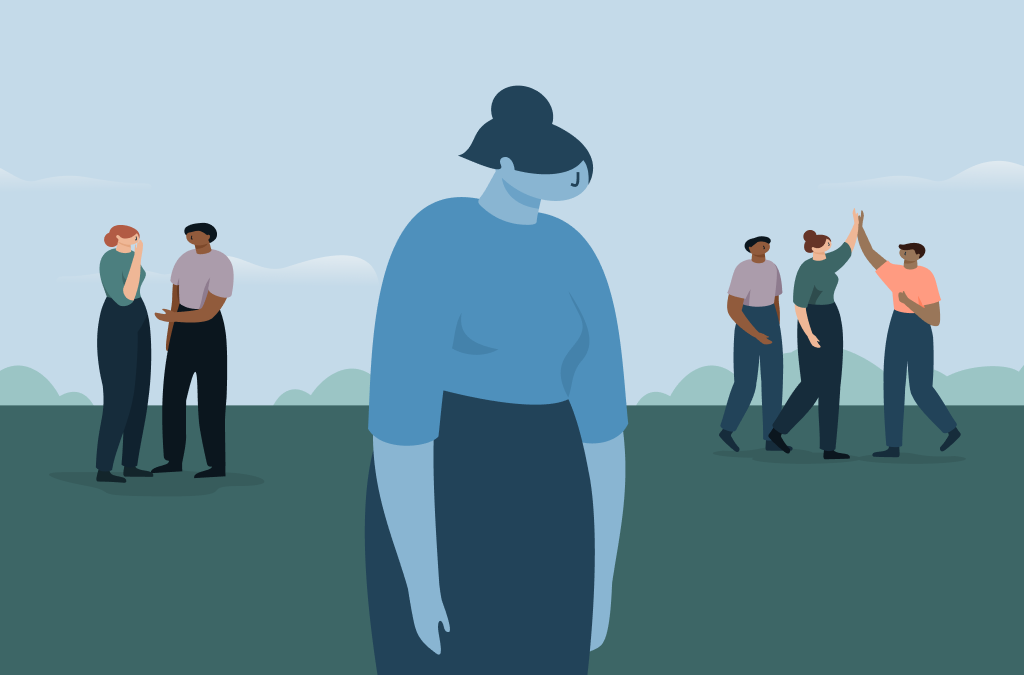
High-Functioning Depression: The Hidden Suffering
When people think of depression, usually intense sadness, low energy, social withdrawal, difficulty getting out of bed, and managing daily life come to mind. But this is not always the case.
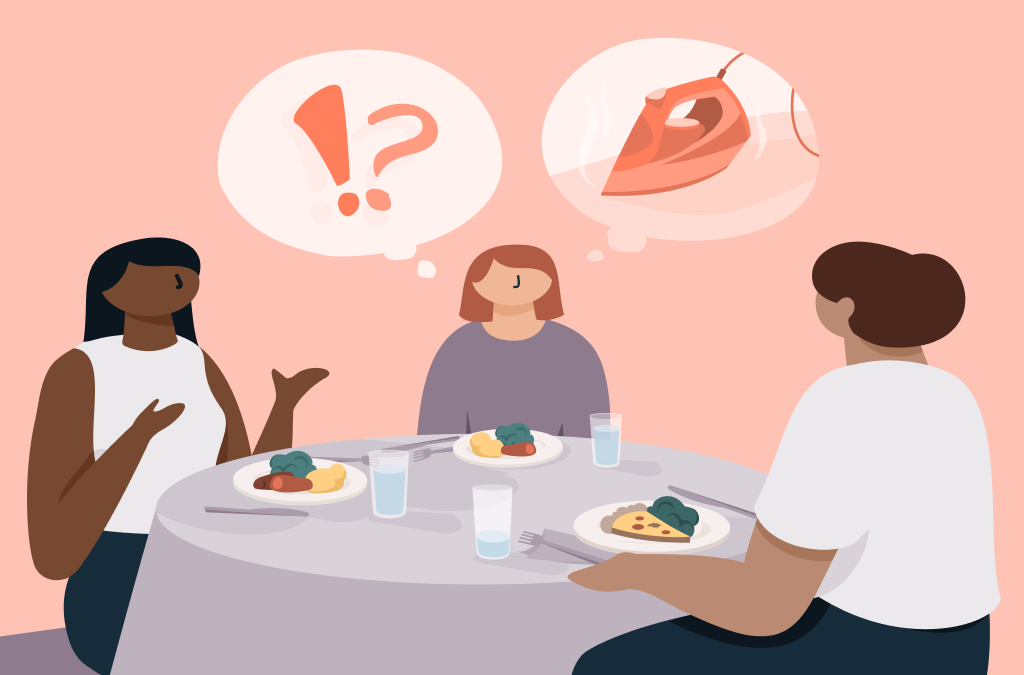
Obsessive-Compulsive Disorder: When Thoughts and Actions Become Torture
In this article, we explore what characterizes such thoughts and behaviors as well as how they can be treated.
